Talk Overview
Mitochondria are integral to the metabolism of eukaryotic cells, yet many of their properties are not fully understood. In Part 1 of this iBioSeminar, Dr. Jared Rutter lays out the foundational knowledge of mitochondrial structure and origin, and shares what is currently known about mitochondrial roles in metabolism, protein homeostasis, and signaling. He ends by highlighting a focus of his research group: to unravel the functions of uncharacterized mitochondrial proteins.
In Part 2 of his talk, Rutter describes his group’s work to unravel the relationship between the activity of the Mitochondrial Pyruvate Carrier (MPC) and the behavior of numerous cell types, including cancer and stem cells. His group found that forced expression of the MPC in multiple stem cell models led to reduced “stemness” and proliferative capacity, and that MPC inhibition could promote organoid formation in culture and tumor formation in vivo. These data indicate an important link between mitochondria, metabolism, and cell behavior.
In his Part 3, Rutter emphasizes the challenge of mitochondrial protein synthesis. How do the components of the electron transport chain (ETC) assemble in the right stoichiometry at the right time? Rutter introduces the LYR family of proteins, which aid assembly of ETC components. LYR proteins interact with a common binding partner, the acyl carrier protein (ACP), via a unique fatty acyl moiety on ACP. Rutter’s group showed that ACP acylation is necessary for assembly of the ETC and activation of oxidative phosphorylation.
Speaker Bio
Jared Rutter

Jared Rutter is a Professor of Biochemistry and holds the Dee Glen and Ida Smith Endowed Chair for Cancer Research at the University of Utah. Dr. Rutter received his PhD from the University of Texas Southwestern Medical Center in 2001, working with Dr. Steve McKnight. After receiving his PhD, he spent 18 months as the… Continue Reading
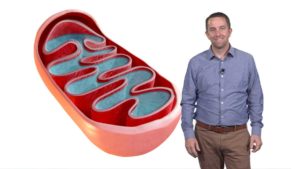
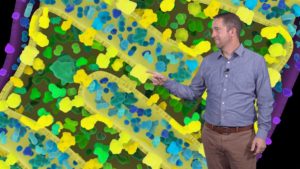
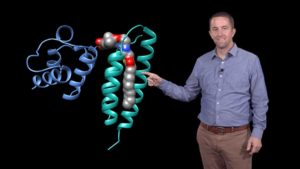
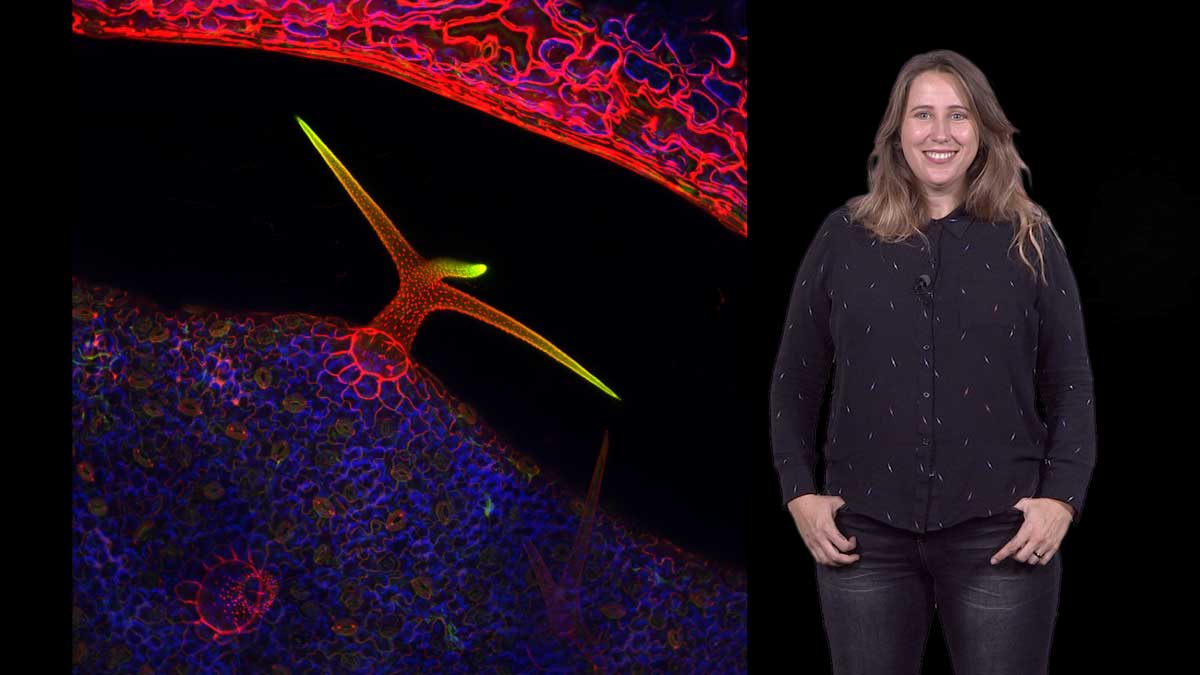
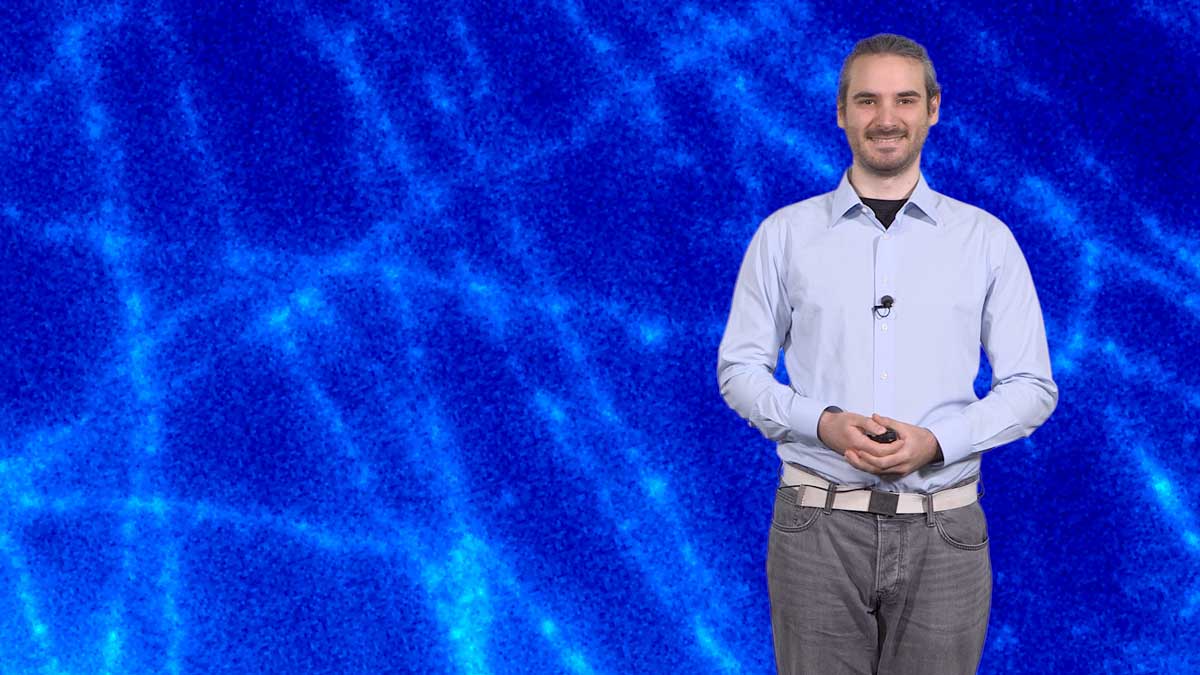
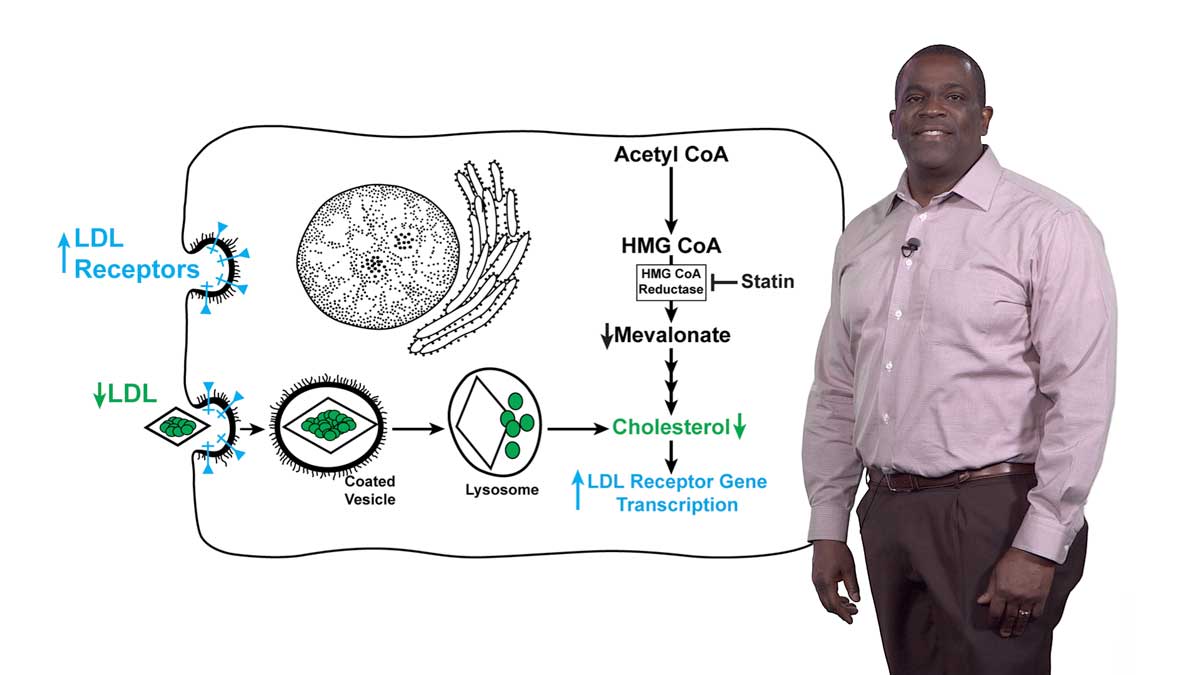
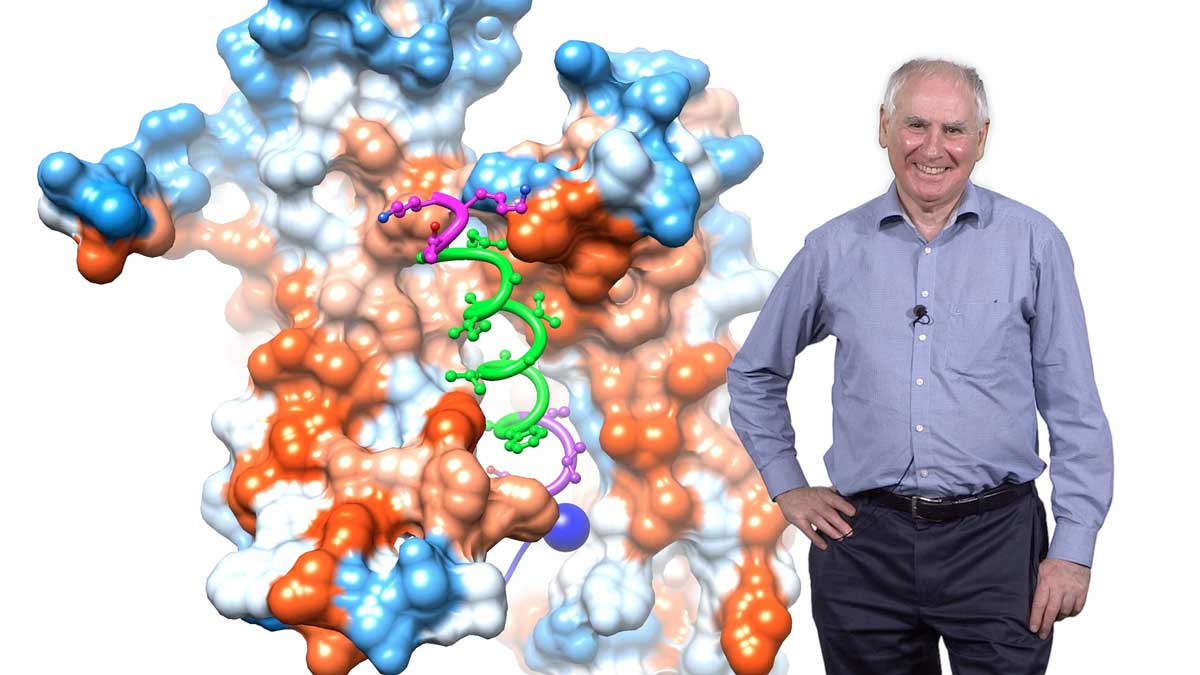





Leave a Reply